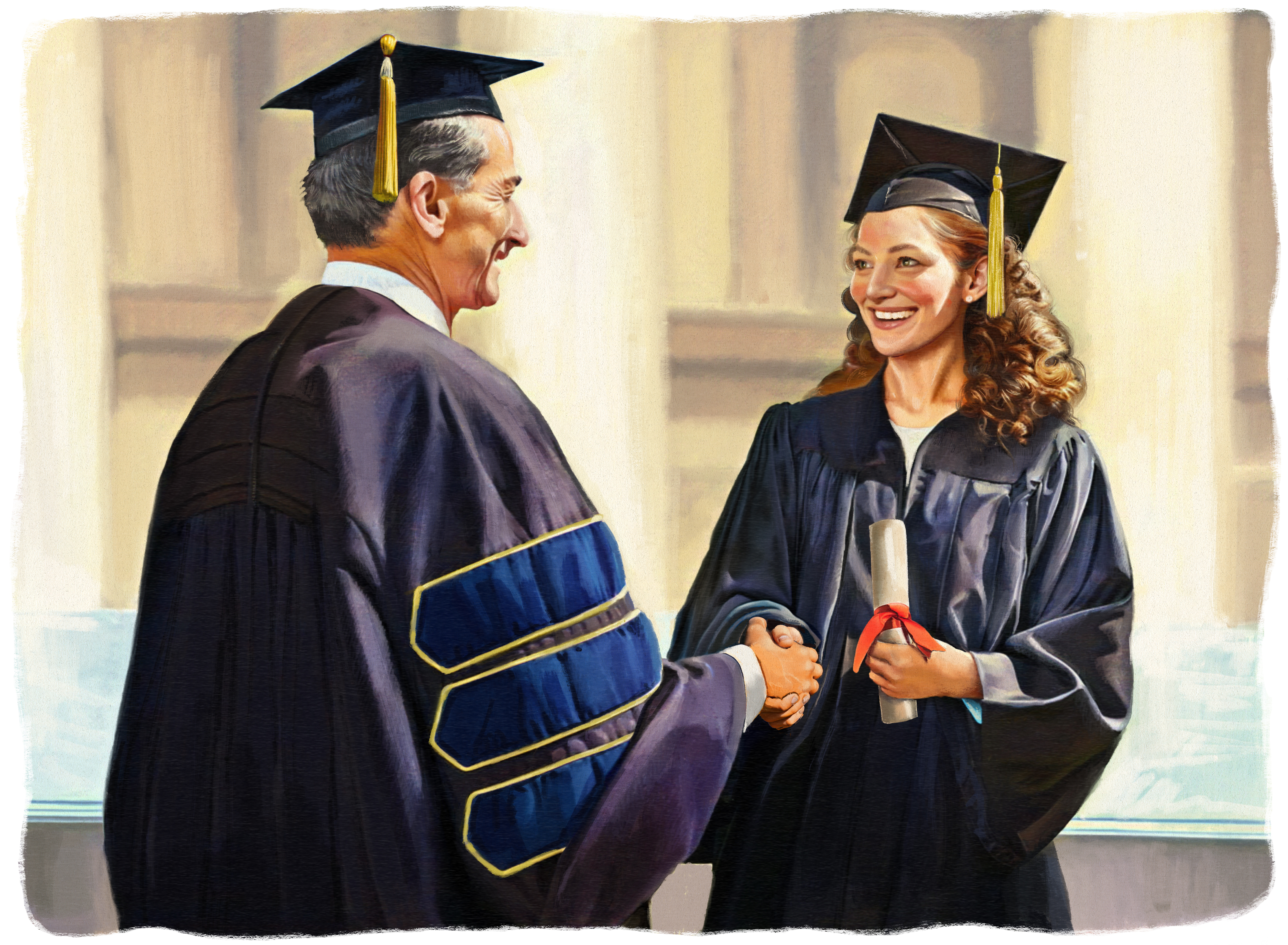Commencement speeches run the gamut from instantly forgotten to landmark addresses. Many of us long ago let slip from memory the words spoken from the podium at our high school or college graduation.
Other commencement speeches may deeply connect with graduates and their loved ones and friends but have little impact outside the doors of the auditoriums or gymnasiums where they were delivered.










